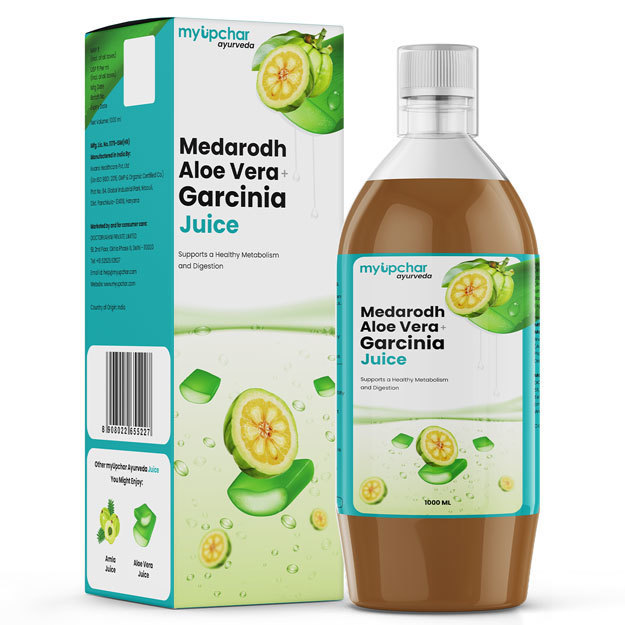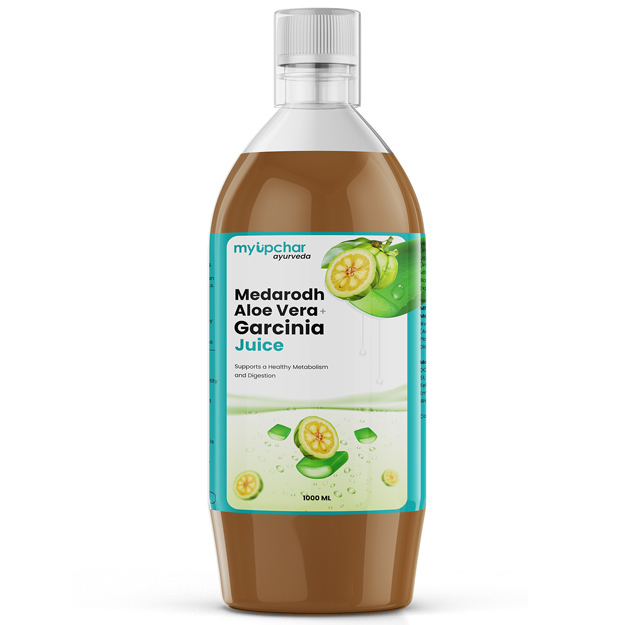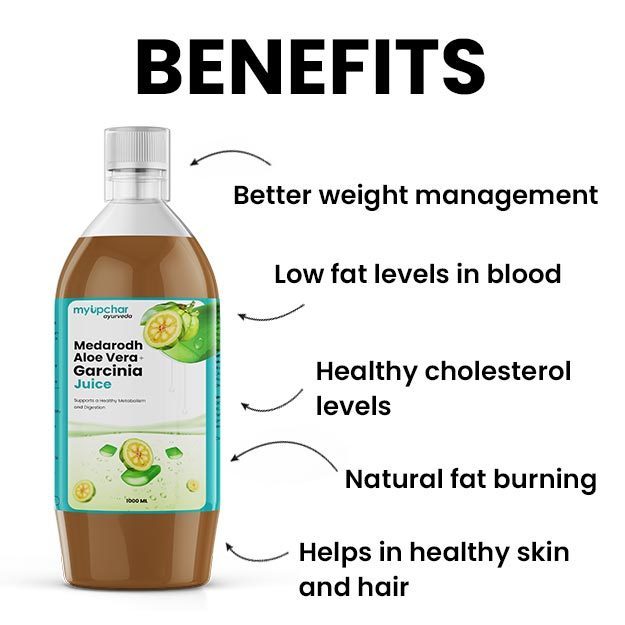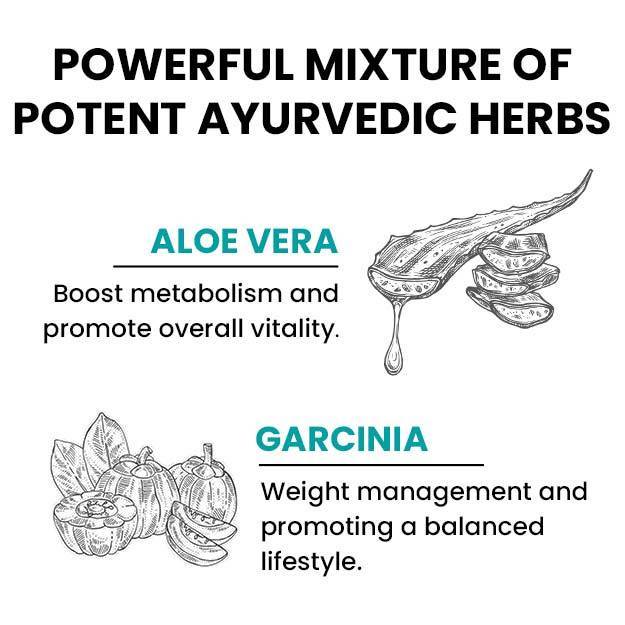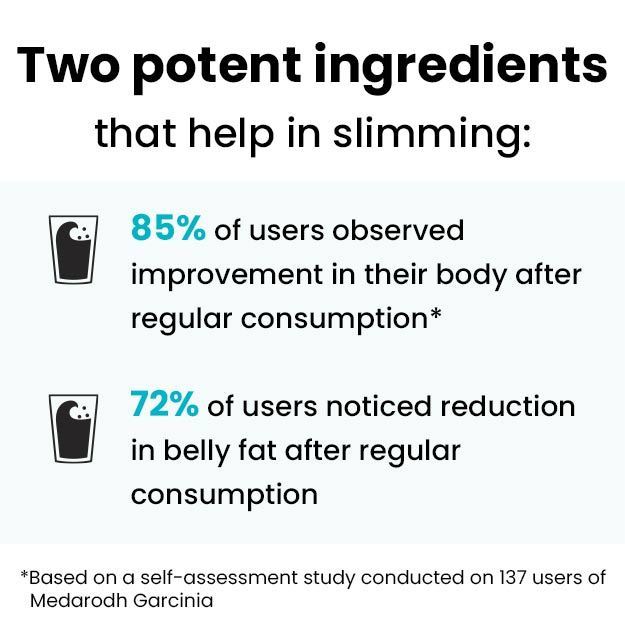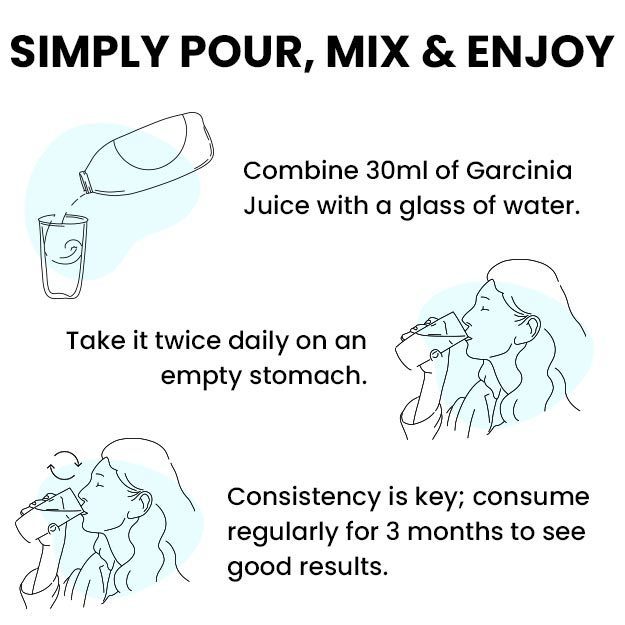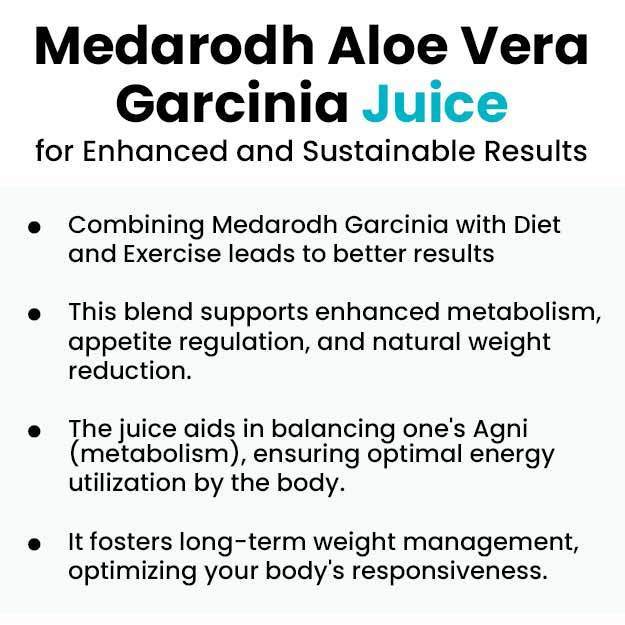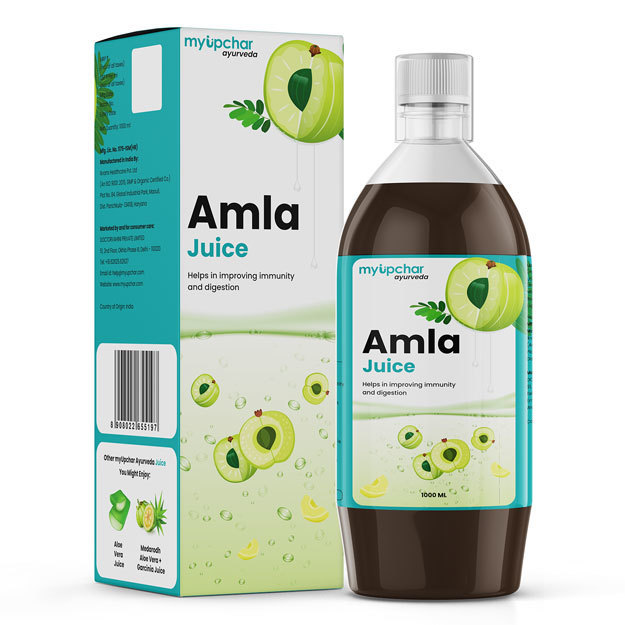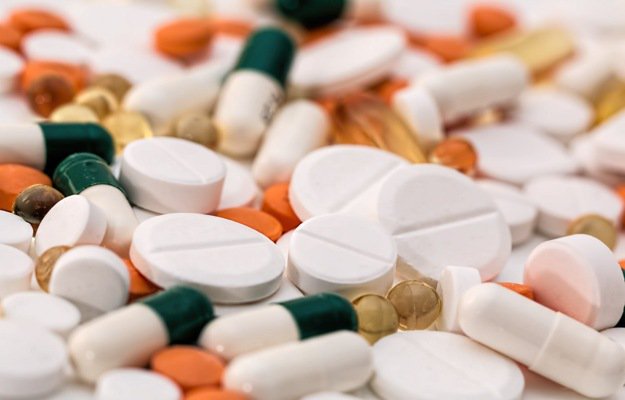Fats, such a small word to be linked with so much apprehension and fear. All thanks to the side effects of excess fat consumption. Fats are linked to diseases such as stroke, heart attack and fatty liver. While most of this is true in case of excessive fat consumption, fats are not the supposed foe to your health as is portrayed, instead, they are as important for your body metabolism as any other nutrient. For once, fats are the major form in which your body stores energy and nutrition. It has the highest calorific value per gram than carbs or proteins and then it is essential in the formation and function of certain hormones and vitamins. In the absence of fats, your body suffers as much as it would if you consume excess fats.
Interestingly, eating an excess of healthy fats could also cause you to be obese. It is fats you are eating after all. There is definitely no loophole in this maze.
The best way is consuming less amount of fats or taking them in moderation.
Since there are so many types of fats, how do you decide what kind of fats is good for health and what fat should be avoided?
You’ll read more about it in this article along with the benefits of fats on your health and the food sources you can get your dietary fat from.





